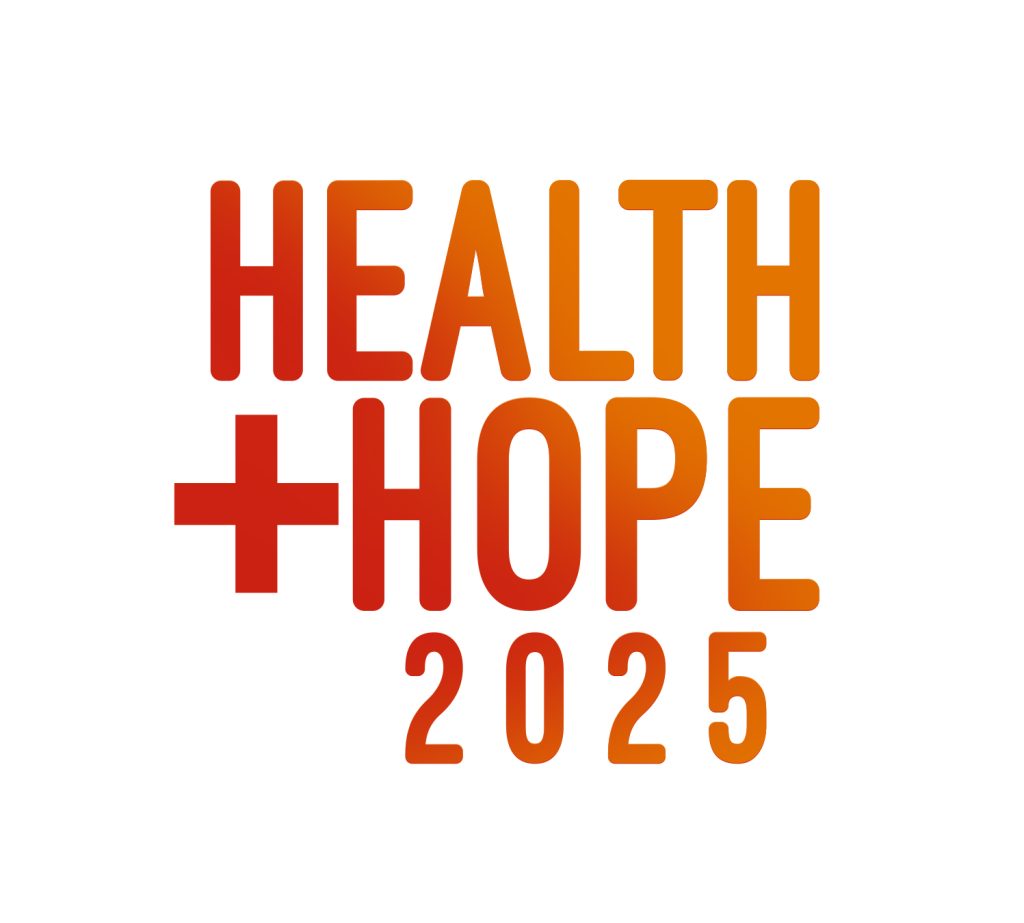“Maybe the reason you had a heart attack was because you haven’t taken care of yourself,” says UCP candidate
This round-up of who is saying on public health care includes an Alberta election candidate blaming patients for heart attacks and news of a new cancer patient navigator program and other innovations to public health care happening across Canada.
Having a heart attack? Blame yourself, not Alberta health care, says UCP candidate
“Maybe the reason you had a heart attack was because you haven’t taken care of yourself. You’re extremely overweight, you haven’t managed your congestive heart failure, you haven’t managed your diabetes and there’s no personal accountability. . . But they come into the hospital and all of a sudden it’s everyone else’s problem but their own,” said Chelsae Petrovic, United Conservative Party candidate for Livingstone-Macleod in Alberta election campaign, to the Toronto Star, April 15, 2023 (Petrovic later said she could have “chosen better language”)
New Brunswick regions add nurse ‘navigators’ to guide cancer patients through health care system
“Even though the patient will be seeing multiple different specialists and members of the health-care team, the navigator can be their constant support person throughout their entire cancer journey,” said Elizabeth Rioux, an oncology nurse navigator, CBC News, April 16, 2023
Winnipeg paramedics and first responders burning out
“Transfer-of-care procedures have also been established to minimize the time ambulances remain at a hospital, thereby freeing them up to be available for dispatch sooner. Additionally, the City of Winnipeg and Shared Health are currently negotiating a long-term funding agreement to support EMS service levels,” said Kristin Cuma, spokesperson for the Winnipeg Fire Paramedic Service, to Winnipeg Free Press, April 17, 2023
Story continues below

Canadians surveyed by other citizens about change to primary health care
“The initiative – called OurCare – surveyed thousands of ordinary Canadians about what they want from primary health care, which includes family doctors — most people’s first point of contact with the health system. A new report outlines several key recommendations to emerge from OurCare’s first regional panel, which was focused on Ontario. Some of those recommendations include:
“-Improving patients’ access to electronic medical records;
“-Shifting more family doctors away from solo medical practices into team-based care;
“-Creating a centralized, digital system for referrals to specialists;
“-Significantly increasing the number of family medicine residency spaces.
“Change will be challenging, but our health-care system cannot survive without it,” – Excerpt from OurCare report, CBC News, April 6, 2023
A new approach to health care
“Traditionally, our health care system is structured around hospitals and doctors working on their own in an urban neighbourhood or rural community. To modernize health care delivery, we must shift from this archaic and rigid structure to a more dynamic team-based approach. Instead of forcing patients to deal with our siloed health care system, which splits services into different locations or departments, each with their own procedures and red tape, teams of primary care physicians, nurses, specialists and social workers could work together in one setting or travel together as mobile units to underserved communities. Health care can then be collaboratively delivered in a much more time- and cost-efficient approach that benefits providers and patients,” said Dr. Andrew Boozary, executive director of social medicine and population health at the University Health Network in Toronto, to Maclean’s, April 15, 2023
Support the Canadian Health Coalition



